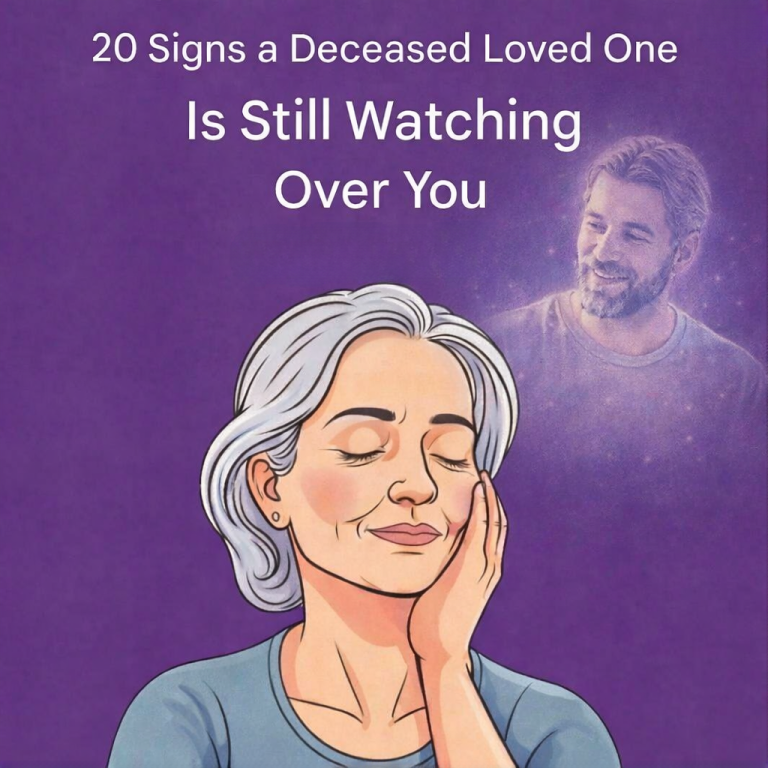
As parents grow older, one of the most painful experiences they face is watching the visits from their children become less frequent. What begins as weekly calls slowly turns into occasional check-ins, and eventually, months may pass without a visit. Many parents blame themselves or wonder what went wrong. But the truth behind this growing distance is far more complex—and more common—than most families realize.
1. Modern Life Is Overwhelming
Today’s adults are carrying heavier loads than previous generations. Most are juggling full-time jobs, long commutes, raising children, financial stress, and a constant sense of being “behind.”
While they may desperately want to visit more often, exhaustion and burnout often win. It’s not a lack of love—it’s life pulling them in every direction at once.
2. Emotional Fatigue Builds Over Time
Many adult children struggle emotionally with seeing their parents grow older.
Watching the people who once seemed invincible face health challenges, loneliness, and aging can trigger discomfort, sadness, or even denial. Rather than confronting those feelings, some distance themselves without fully understanding why.
**3. They Assume You’re “Doing Fine”
**Most parents hide their struggles to avoid burdening their children. Ironically, this can create distance.
When adult children believe their parents are capable and independent, they feel less urgency to visit. The lack of visible need causes visits to decrease—not out of neglect, but out of misunderstanding.
4. Unresolved Tensions Play a Bigger Role Than People Admit
Even loving families have complicated histories. Small disagreements, old wounds, or communication issues that were never addressed may cause emotional distance later in life.
Adult children may love their parents but find visits stressful, guilt-filled, or emotionally draining—so they avoid them.
5. Parents Sometimes Don’t Realize They’re Pushing Them Away
It happens unintentionally.
Comments about weight, relationships, careers, parenting styles, or lifestyle choices—often said with love—can make adult children feel judged or criticized. Over time they begin associating visits with stress rather than comfort.
6. They Believe “There’s Still Time”
One of the biggest illusions in adulthood is the belief that there will always be time later—next month, next holiday, next year.
But life moves quickly.
Years pass in a blink, and parents age quietly in the background of all the busyness.
7. Technology Creates a False Sense of Connection
A quick message, a shared meme, or a short phone call can make adult children feel they are “staying in touch,” even though they haven’t visited in months.
Digital communication gives the illusion of closeness while physical distance continues to grow.
What Parents Can Do
While parents cannot control how busy life becomes for their children, there are ways to bridge the gap:
✔ Create a judgment-free space
Avoid criticism or comments that may seem harmless but feel heavy to adult children.
✔ Be honest about your needs
Let them know when you feel lonely or when you need help. They may have no idea.
✔ Show appreciation for every effort
A simple “thank you for coming” or “I love when we talk” goes a long way.
✔ Initiate small, meaningful communication
Short calls, voice messages, and warm reminders help keep connections alive.
A Final Thought
Most children don’t stop visiting because they don’t care.
They stop visiting because life becomes complicated, emotionally heavy, and relentlessly fast.
But with understanding, empathy, and gentle communication, many relationships can be renewed—and the distance can slowly fade.



